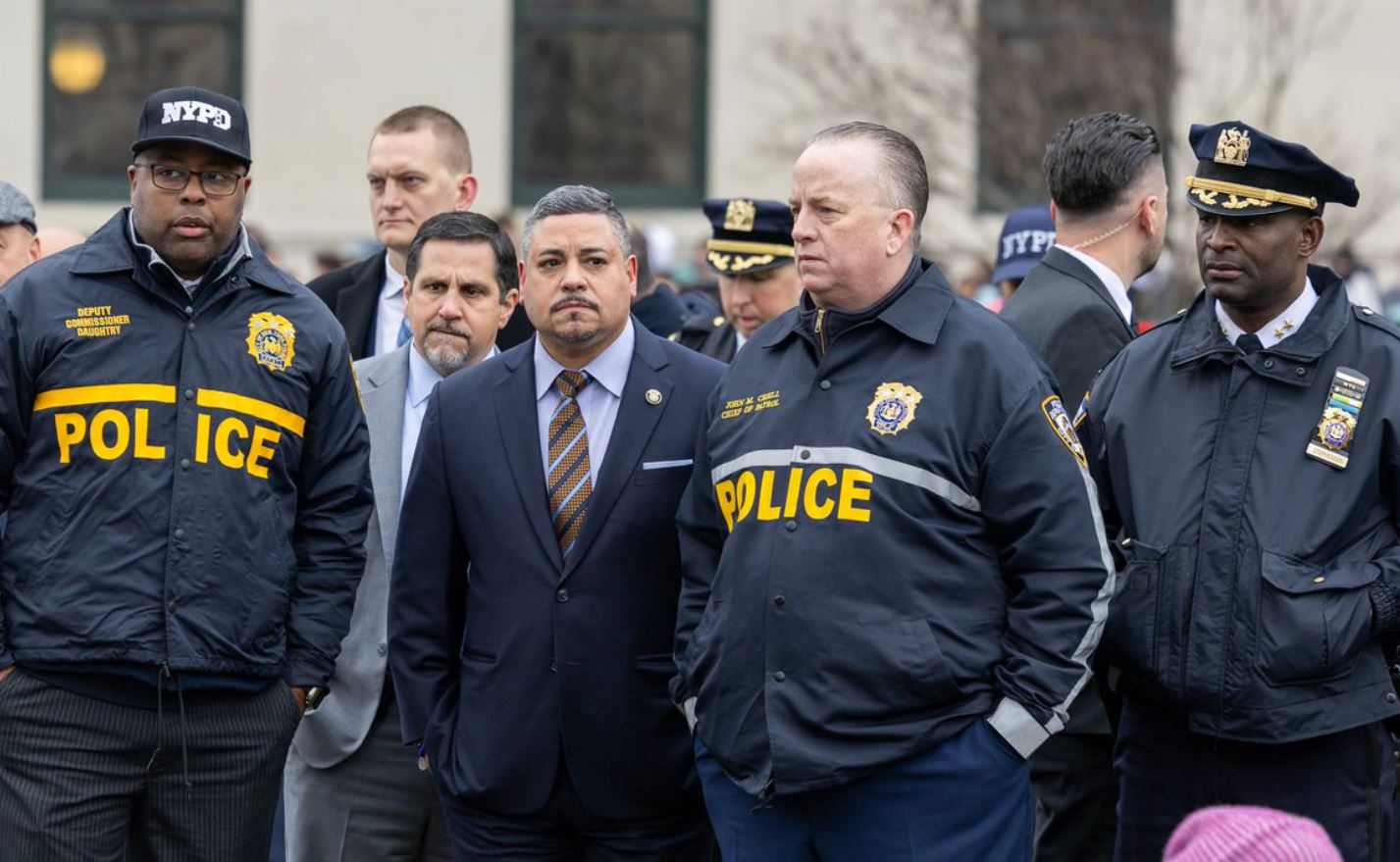Banks and related financial companies have accumulated more than $3 million in unpaid fines for failing to clean up dirty properties around New York City, the I-Team has found.
Many of the properties are foreclosed homes that spiraled into disrepair after the housing crisis of 2007 and 2008.
Helene Van Clief lives across the street from one of the derelict buildings. The property at 637 East 182nd Street in the Bronx is a boarded up multifamily building with broken glass and empty liquor bottles in the front yard.
Since HSBC foreclosed on the property last year, the New York City Environmental Control Board has issued the bank seven tickets for violations, including dirty sidewalks and a rodent infestation.
According to city records, HSBC has yet to pay those fines -- and more than $787,000 owed for violations related to garbage, debris and unsafe conditions at other buildings.
HSBC told the I-Team it is not the landlord of most of those properties but rather a "trustee" for the real owners, investors who bought mortgage bonds associated with the buildings, and is therefore not responsible for addressing the violations in those cases.
"The vast majority of penalty notices relate to properties neither owned nor maintained by HSBC," bank spokesman Neil Brazil wrote in a statement to the I-Team.
Local
Despite denying responsibility for the environmental fines, Brazil said HSBC is working with the Environmental Control Board and "appropriate third parties" to quickly resolve the debt.
HSBC is one of many banks with unpaid environmental violations piling up in the city.
In all, the I-Team found $3.5 million in unpaid fines addressed to 10 different banks with high numbers of foreclosures in New York, including Wells Fargo and U.S. Bank.
Like HSBC, many of those banks contend the tickets have been addressed to the wrong parties, citing their status as "trustee," not landlord.
Kevin Friedlander, a spokesman for Wells Fargo, sent the I-Team a statement distancing the bank from the fines.
"We’ve researched the fines in question and the vast majority of these apply to properties where we are the trustee, and as such are not responsible for coordinating the payment of the code violations with the City," Friedlander said.
The city's Department of Finance says banks that claim they are trustees are still legally responsible for addressing violations at foreclosed homes.
"New York state law says that the banks, if they foreclose on the properties, whether they are acting as owners or as trustees, are responsible for these types of violations," said Jeff Shear, deputy commissioner with the department.
In 2012, the city of Los Angeles rejected the argument that banks acting as trustees can avoid paying fines when the City Attorney sued U.S. Bank for allegedly neglecting to maintain hundreds of foreclosed homes that had become blights on neighborhoods. The case is still working its way through California courts.
U.S. Bank declined to comment on the Los Angeles lawsuit, citing the pending nature of the litigation. As far as the New York City violations, spokeswoman Teri Charest emphasized U.S. Bank's status as a trustee.
"As trustee, U.S. Bank does not know about a violation unless someone sends the notice to us," Charest said in a statement. "The city has sent some copies of notices to us in the past, and when they do, we work with the city to provide that information to the servicer responsible for the property to help resolve the matter."
Shear said New York City has been ramping up efforts to collect on unpaid environmental fines in general, but after the I-Team uncovered so much money owed by banks, he said he is placing special emphasis on those businesses.
"Your inquiry has caused us to take a fresh look at the status of these institutions," Shear said.
He added he could direct enforcement agents to physically visit bank branches if the banks don't resolve the fines.
"We are moving towards using enforcement agents, such as the city's Sheriff, more frequently when we’ve identified respondents who are simply not cooperating," Shear said. "These enforcement agents may visit a place of business or they can be empowered to seize a business’ bank account or other assets if necessary.
Council Member Ben Kallos, an Upper East Side Democrat, has sponsored four bills to give the Department of Finance more tools to help collect environmental fines.
"The reality is, if you're a bank and you own a property you have to maintain it,” Kallos said.
Kallos blames a sort of corporate shell game for difficulties collecting on violations issued to financial institutions. Although banks may have central offices with well-known Manhattan addresses, when they act as trustees, they often list the addresses of each foreclosed property on city filings.
That leaves tenants of dilapidated homes, like Tommy Brown of Jamaica, Queens, collecting stacks of violation notices that were intended for bankers in Manhattan.
Five years ago, HSBC foreclosed on Brown's home. He says all of the notices he has collected are addressed to HSBC, but the bank says it is not his landlord so isn't responsible for them.
“If I wanted something done, I can't call the bank. But if they want me out of here they can contact me," Brown said.



